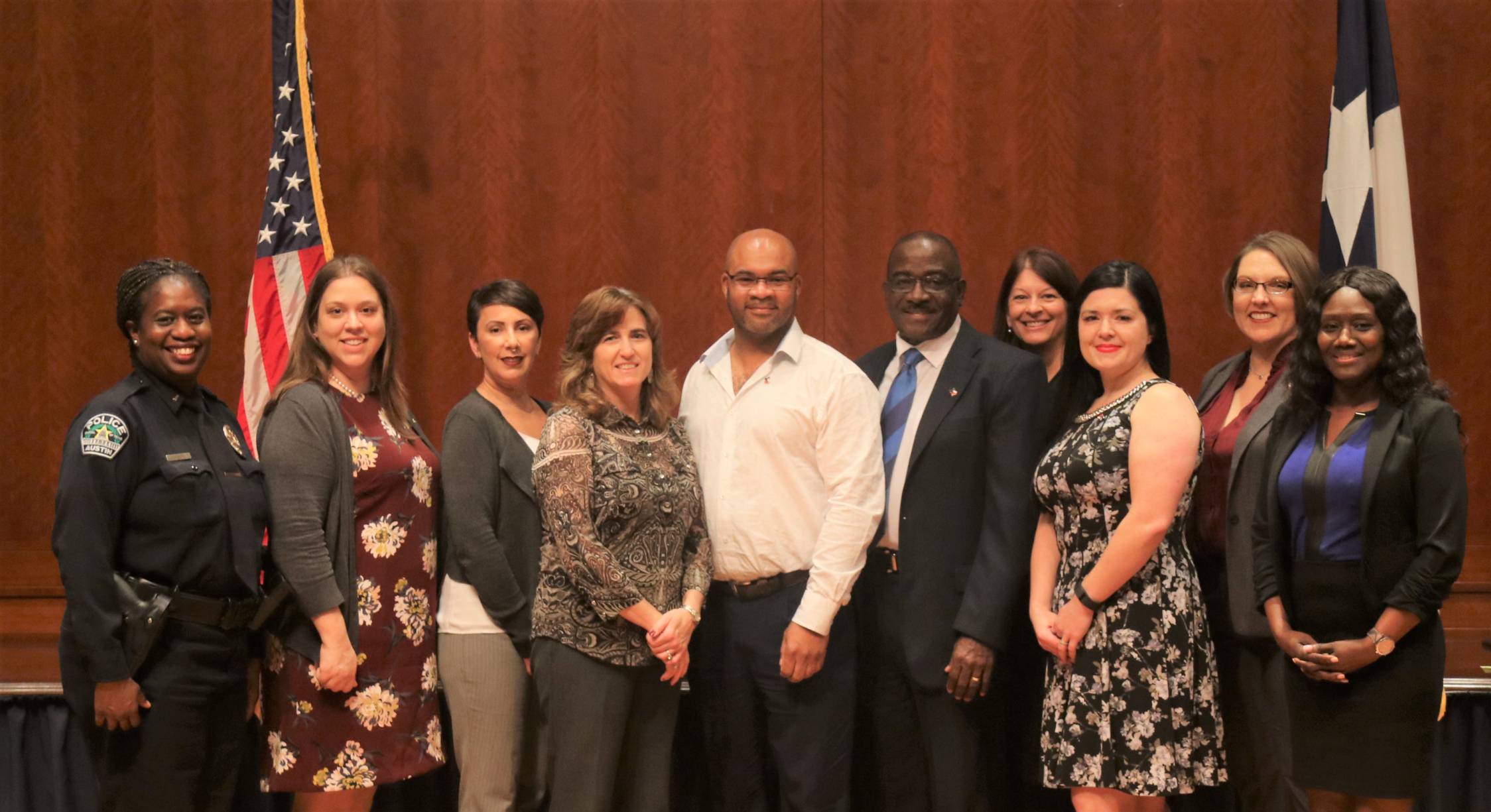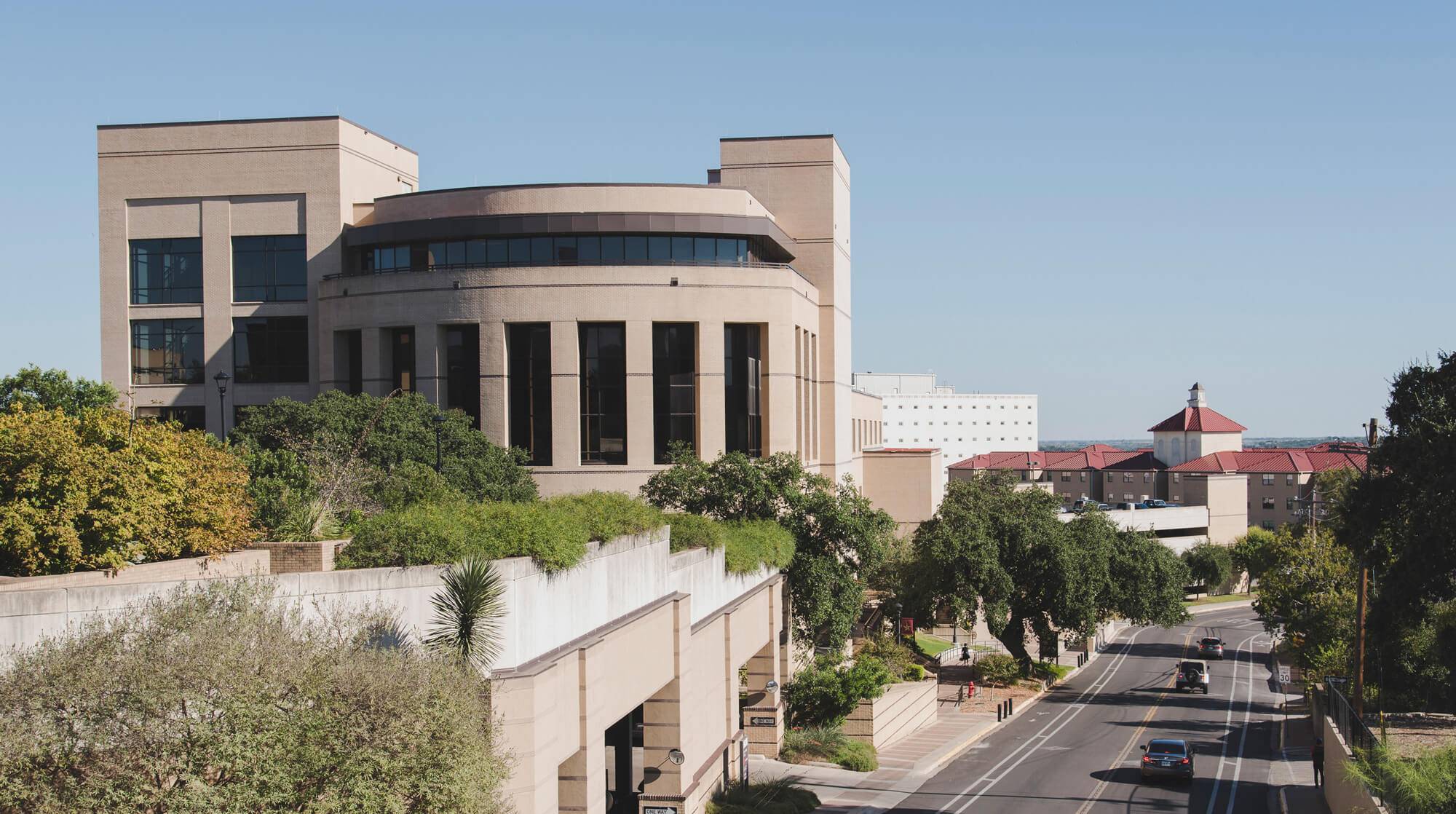The CPM program is a nationally accredited comprehensive statewide management development program specifically for managers in federal, state, and local government, and for managers in the not for profit sector. The program’s primary goal is to improve the performance of public and not for profit sector administrators and the organizational performance of state, local and federal government. It is a comprehensive 7- course sequence of study by which leaders can acquire and apply the best practices and theory to their management behaviors and strategies using prescribed sets of professional standards. The curriculum uses theory as the foundation and applies it to practical problems facing the participant, their agency/department, and communities. Those who complete the program earn a national trademark designation of CPM (Certified Public Manager®) accredited by the National Certified Public Manager (CPM). The latest accreditation report and program policies and procedures (link to P&P doc) are available.
About Us

What We Do
Our History
The Texas CPM Program launched in 1995 with letters of support from Texas Governors Ann Richards and George Bush. Find the original letters of support from Governor Richard and Governor Bush here. The first graduation was hosted at the Texas Capital in December 1996.
In July 1996, Texas State University established the Public Service Academy to deliver the CPM Program in Texas. In 1998 the name of the Texas State University Public Service Academy was changed to the William P. Hobby Center for Public Service after former Texas Lt. Governor William P. Hobby made a $1 million donation to Texas State University to help fund the Texas CPM Program. Governor Hobby’s gift also provided funds to support the William P. Hobby Professorship, held by Dr. Howard Balanoff, and public service activities such as the annual William P. Hobby Distinguished Lecture, Hobby Scholarships/Fellowships and Student Teaching/Research Assistantships.
